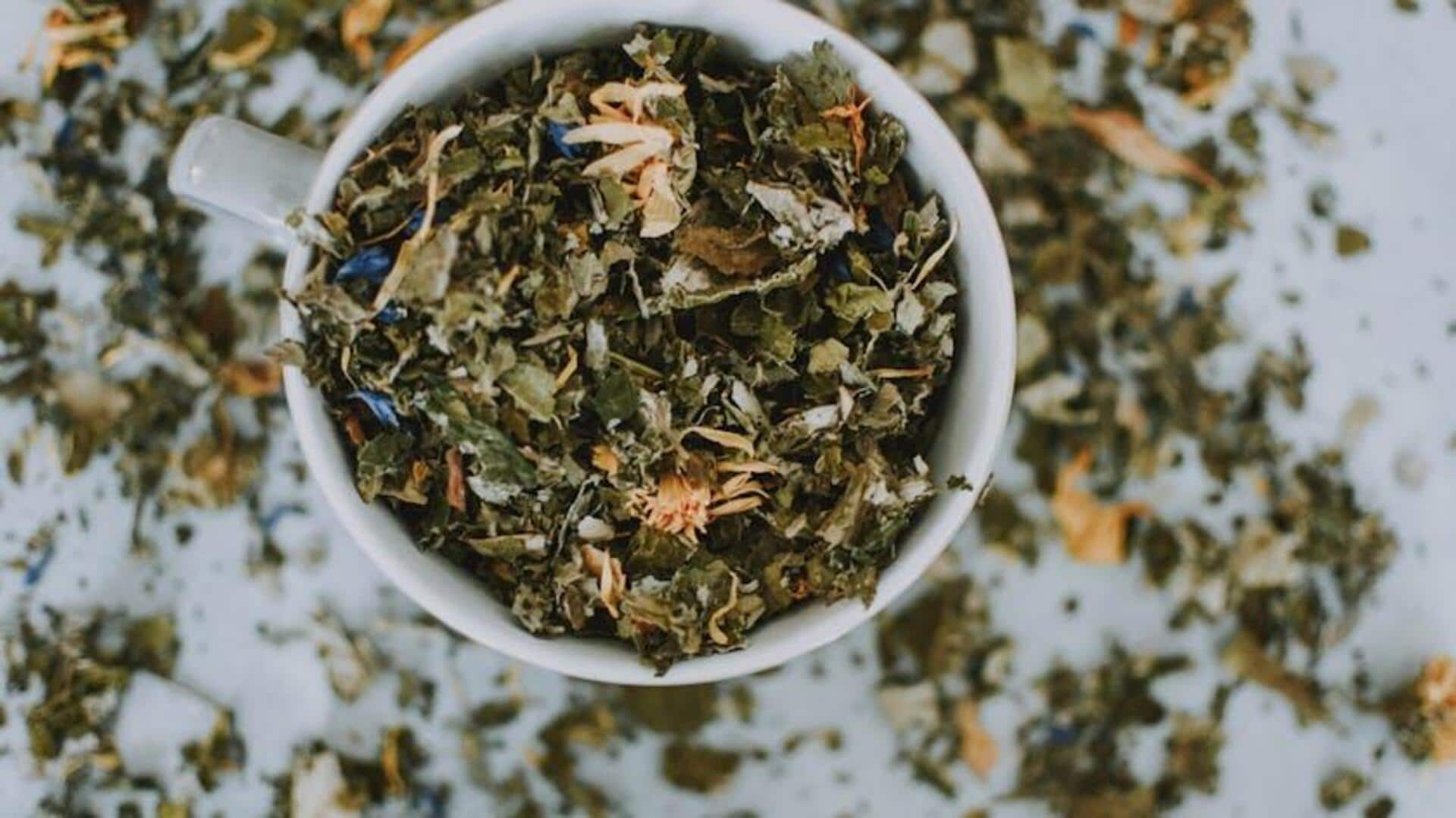
How to preserve herbs easily
What's the story
Preserving herbs is a smart way to keep their flavor, save money, and enjoy them all year long. Fresh herbs are pricey and tend to go bad if not used immediately. By knowing how to preserve them properly, you can always have your favorite flavors on hand. Let's take a look at some ways to preserve herbs and how you can benefit from it.
Drying
Drying: A simple preservation method
Drying is perhaps one of the oldest and simplest methods of preserving herbs. It involves removing moisture from the leaves, thus helping them retain their essential oils and flavors. For drying herbs, tie small bunches together and hang them upside down in a warm, dry place with good air circulation. Once dried, store them in airtight containers away from direct sunlight. This method works well for hardy herbs like rosemary and thyme.
Freezing
Freezing: Lock in freshness
Freezing is a great way to preserve the fresh taste of delicate herbs like basil or cilantro. Chop the herbs finely and place them in ice cube trays with a little water or olive oil before freezing. Once frozen solid, transfer the cubes into labeled freezer bags for easy use later on. This way, you can add fresh-tasting herbs directly into soups or sauces without thawing.
Infusing oils
Infusing oils: Capture essence
Infusing oils with fresh herbs captures their essence and gives a flavorful twist to your cooking repertoire. To make herb-infused oils, gently heat olive oil with your chosen herb until fragrant, then strain out solids before bottling it. Tightly sealed bottles kept away from light exposure will keep this infusion potent over time.
Herb vinegars
Herb vinegars: Tangy twist
Creating herb vinegars is another way to preserve these aromatic plants while giving tangy twists to salads or marinades alike. Just immerse sprigs in vinegar-filled jars, letting flavors meld over a week's time. Once ready, strain the liquid, discarding solids, and store the finished product in a cool, dark place, ensuring the longevity and usage potential remain intact indefinitely thereafter.